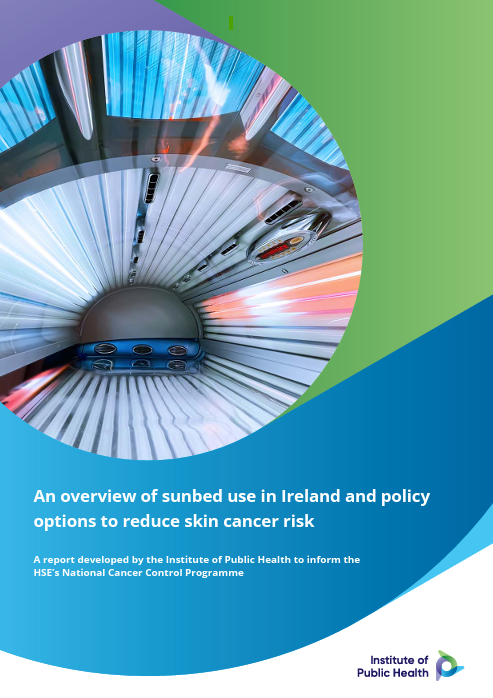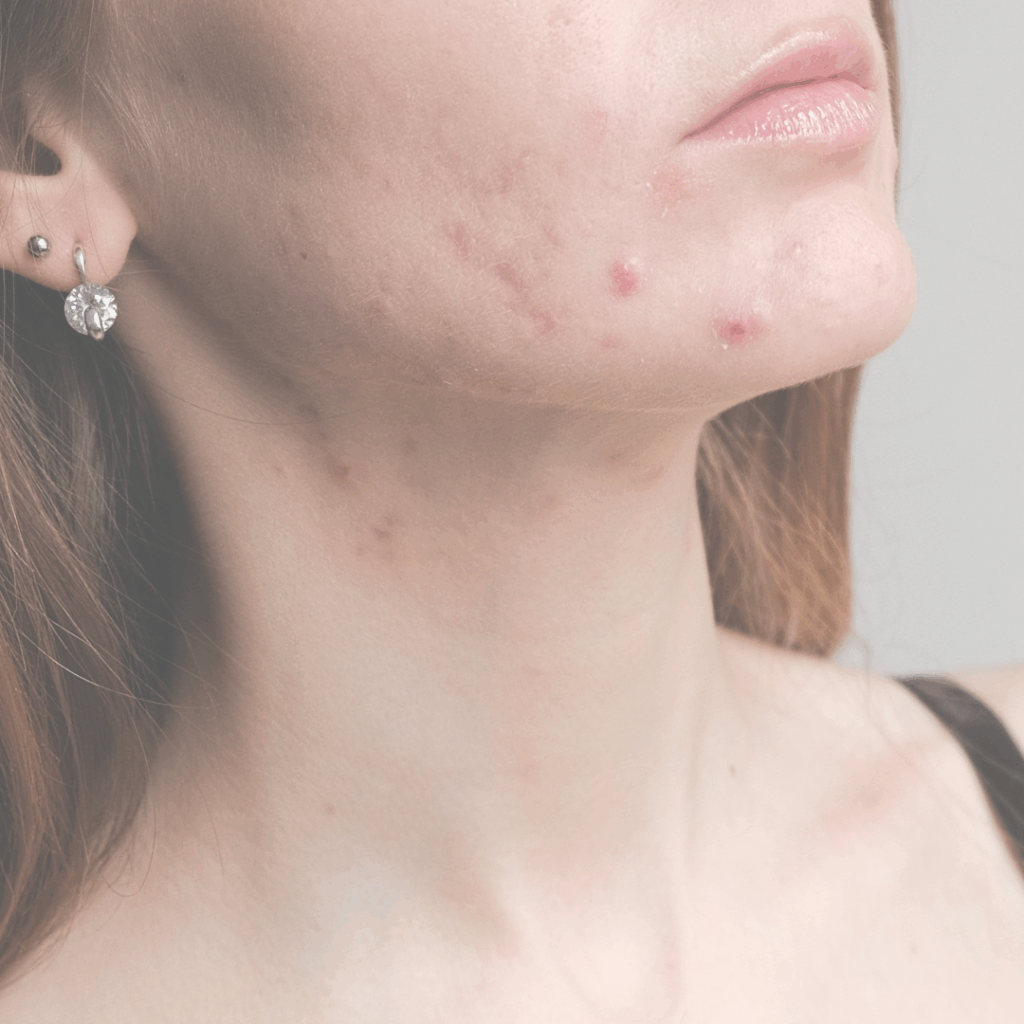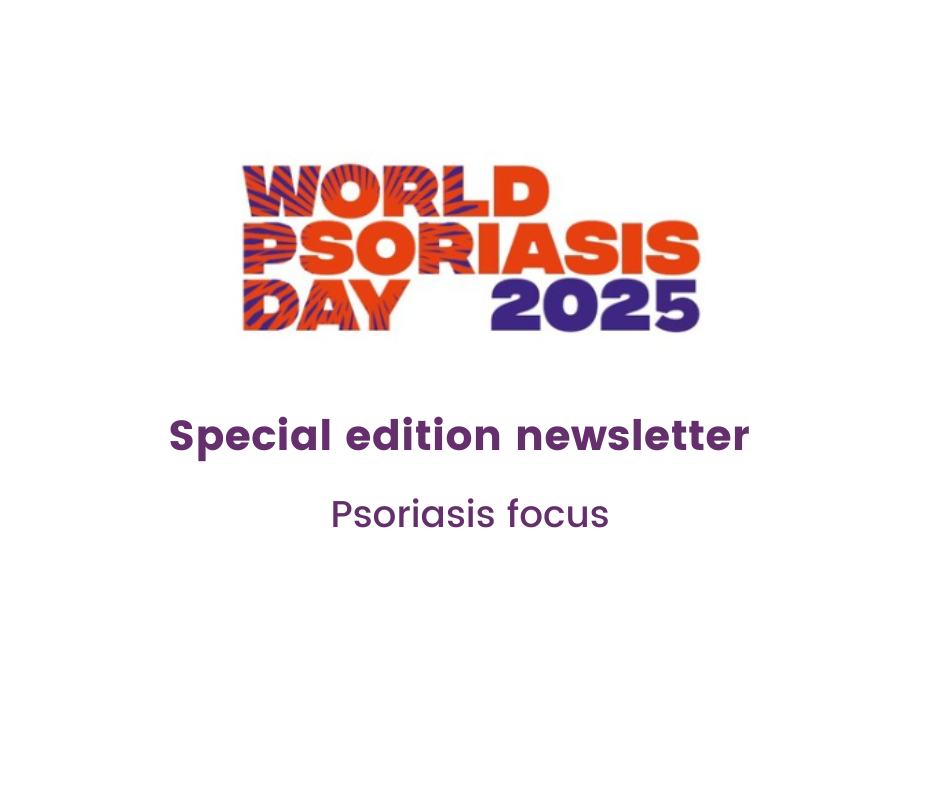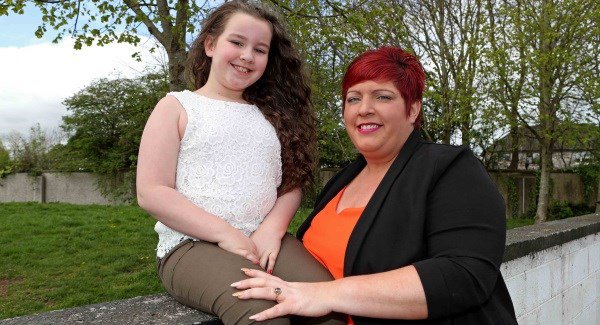A new report published by the Institute of Public Health (IPH) has recommended a ban on sunbeds to reduce the risk of skin cancer in Ireland.
The report, ‘An overview of sunbed use in Ireland and policy options to reduce skin cancer risk’, analysed available data on sunbed users, sunbed availability, current regulations on sunbeds and associated infringements, as well as policy options introduced internationally to reduce skin cancer risks associated with sunbed use.
Skin cancer is the most common form of cancer in Ireland, with over 11,000 cases of melanoma and non-melanoma skin cancer diagnosed annually. The occurrence of high-risk skin types in Ireland places the population at greater skin cancer risk than most other countries.
The ultraviolet radiation (UV) emitted from sunbeds is recognised as a carcinogen by the World Health Organization (WHO) and European Commission. People who use sunbeds for the first time before the age of 35 increase their risk of developing melanoma by 75%.

Sunbed use
Data on sunbed use in Ireland shows that sunbeds continue to be used by children and adolescents despite regulations restricting their availability to anyone under the age of 18:
• 5.2% of children aged 10-17 years reported ‘ever’ using a sunbed
• 4.4% of children aged 10-17 years reported using a sunbed in the last 12 months
• Sunbed use is similar among boys and girls and among pre-teen and teenage children.
Sunbed use is also evident among the population aged 15+ years of age:
• 18.1% of the population aged 15+ reported ‘ever’ using a sunbed
• 2.9% of the population aged 15+ reported current use of sunbeds
• The majority of sunbed users aged 15+ were female
Registered providers and compliance
In 2023, the number of sunbed operators registered with the HSE stood at 363. The majority of sunbed providers operate from a beauty salon, with the greatest number of registered providers in County Dublin (n=78).
In 2023, HSE enforcement data recorded 394 infringements across 368 inspections. There were also 30 infringements across 35 mystery shopper engagements, and 10 infringements across 47 test purchasing engagements.
The report also highlighted the findings of a recent University of Stirling study, which found that some Dublin-based tanning salons are “heavily” promoting tanning products, such as accelerators, to incentivise sunbed use, despite regulations restricting the promotion of sunbeds. The study, commissioned by IPH and HSE National Cancer Control Programme (NCCP), highlighted the need for tighter regulations on the promotion and marketing of sunbeds.
Policy options
The report concluded that behaviour change interventions, such as education and awareness campaigns, do not generally result in a reduction in sunbed use.
A ban on commercial sunbeds, however, has already been implemented in Australia, Brazil and Iran. Modelling studies suggest that a commercial sunbed ban is a cost-effective policy measure, even when campaign-related costs and tanning industry losses were considered.
The report concludes that sunbed use poses a significant population health risk in Ireland and recommends a ban on sunbeds as the preferred option for reducing skin cancer risk.
Skin cancer prevention resources including videos, leaflets, infographics and articles are available at the ISF’s dedicated SunSmart webpage.






